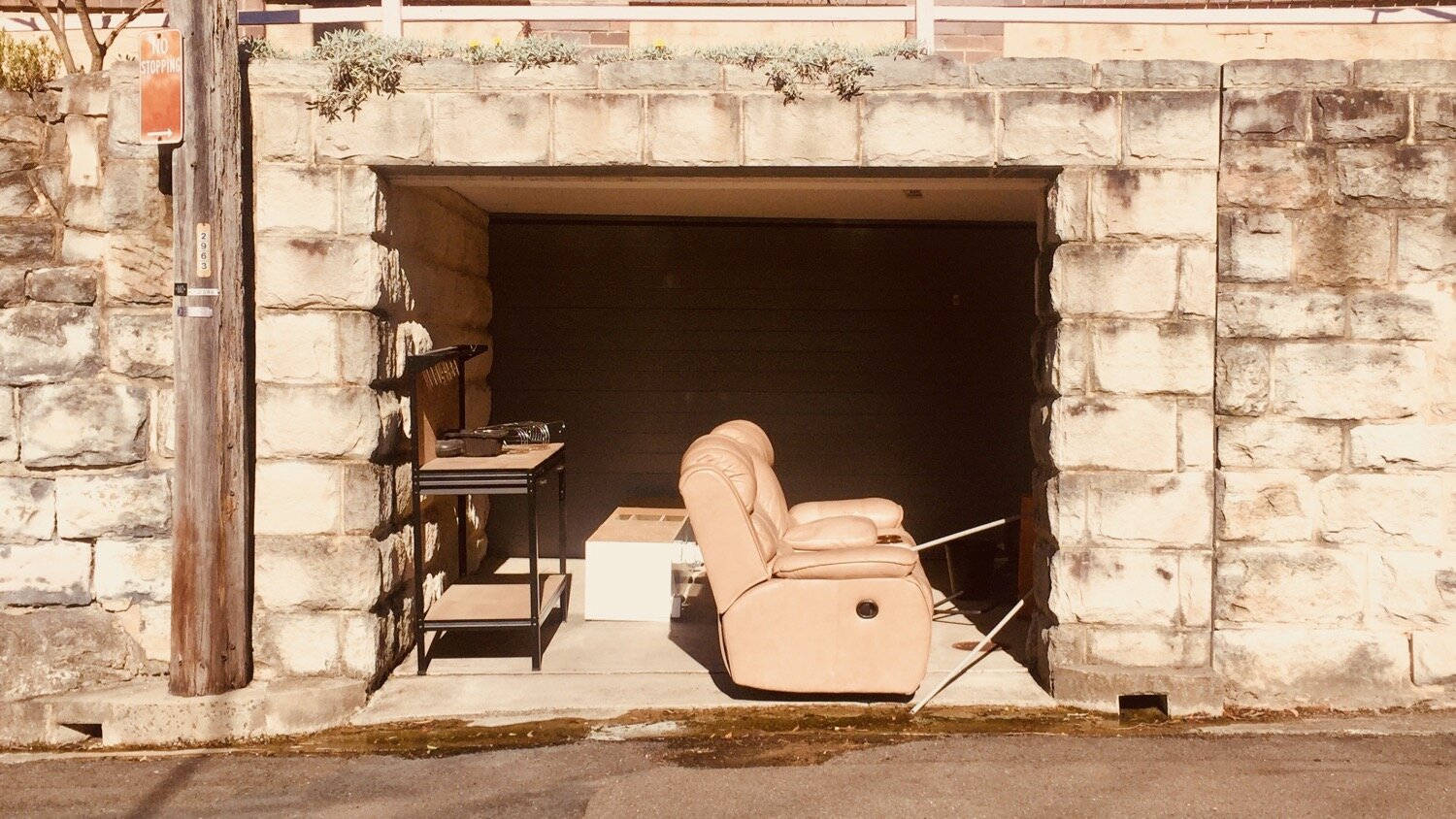Letting go of things
So much is happening these days. You may feel in you, the shift that is occurring. That shift is occurring on multiple layers, multiple levels. What some tend to focus on, however, is just the external. Some look at what has been taken away from them or what is not the same anymore. They focus on what they do not have as opposed to what they do have.
This choice in attention takes you down a path that is quite negative and spirals into darkness, if you do not stop it. For all you do is keep creating a void in which to fall within and hide and lose yourself. Now, this may seem a stark perspective. It may seem even cold, but it is not for it is being shared in order to provide the contrast with the opposite of that.
What happens with choice, with your attention, with what you focus on when you choose to not focus on that? When there is loss or you no longer have what you used to have or something appears to you to have been taken away, and that is a key word ‘appears’, what do you feel about that? Then how does this situation direct your action?
It is documented, researched and taught by many teachers, the experience of grieving, of loss, of letting go at this level. But in our day to day, there are micro levels of loss. There are little cycles of something happens and you may say to yourself ‘that was not expected’, and then you have to process it, move through it and get to a place of acceptance. That is one way.
A different way is to prime yourself at another level to see the world differently. Prior to anything being taken away or losing something, what if you looked at your world differently? What if you were to see it as much more malleable, flowing, unpredictable in a good way? What if life, as you see it, could be more of a journey, an adventure and discovery? Then perhaps when you encounter the bump in the road, it is anticipated. It still may create some challenges, but you are prepared on how to deal with it.
Perhaps an example. A thing. Think of a thing you are attached to, a thing in your life - a thing that is a a physical object. Just whatever comes to mind. Pretend for a moment you have a statue of something or a figurine that you have on a shelf. Pretend for now it has been given to you by your family, it gets dusted every once in a while but it just sits there. When someone asks you, why do you have that funny looking thing on your mantle you will often tell the story. Maybe it was your mother's or father's, or it came from your grandma, or it was an heirloom passed down through your family. Over the years this thing has developed its own story. Your attachment is not just to the thing, your attachment is the story that this thing reminds you of and personifies.
This thing makes you feel good knowing that it is there because when you look at it, it reminds you of that story. It lets you experience that connection again. In all the positive senses of the world, it is a good thing, right?
What would happen if that thing broke or fell off the shelf and you no longer had it? How would you react and how would you respond? What would happen to you?
Here is the telling sign. It likely has happened to you before, where something that you really liked or treasured broke or was lost. You know what that feels like. You can probably recite many examples and their different stories. Your reaction tells you where you are at. How did you react? Were you devastated? Did you get really angry at a person who broke your thing or angry at yourself because of the mistake in dropping it?
Or did you step back and look at the situation as this is just a thing, the memory is still there. You may have a photo of it. You remember when you used it and others told you stories about it. You still have that. This is all within you, right?
Consider the deeper principle. An attitude of acceptance is not about the things, it is about the meaning we attach to these things and then the stories we place on top. The stories and the meaning that we attach are inside of us, not in that thing.
The real question then is what is the reason you were attached to that thing? Why does it really matter for you to have that thing? This knowing is the first answer. The work then is on letting go of that attachment. This work is not just a thought process. You do not say 'Oh today I'm going to let go of my attachment to that thing'. No, it is a much deeper process about connecting to yourself within. It is about feeling whole within so much so that you are filled up inside of yourself with a sense of being, presence and acceptance so that the external part of you is not defining you or telling you how to be.
For example, consider another thing, the furniture in your home. What if tomorrow you had to suddenly shift and move to a much smaller space what would you do? Other than the shock and the experience of that, which everybody would probably go through, once you got clear that this was actually happening what would you do about the things? How would you handle that?
Here is another indicator. Is your reaction to be upset? Would you be worried about those things, would they matter? What about the lives of the people that you are with? Does that matter more? It is all relative.
And then there are people who say, ‘well having those things is beauty in my life.’ Of course it can be beauty. Yet are you attached to these things and their role in creating beauty in your life? Or are you able to just see beauty in life?
Then there is the reality of this process that is we do not all have this ability to just be unattached all of a sudden and on every level with all the same things. For most it is a life journey and depends on what it is you are attached to. You may look at a spectrum of attachment to things in your world from fully to not at all. With no judgement perhaps sit with and reflect on the differences noting with curiosity and interest. Ask yourself 'I wonder why'. You could even grab a piece of paper and record some examples – attached, not attached, somewhat attached. As you step back and look at both the detail and the big picture notice what you are ready to let go of and what not. Then pay attention to why as it may apply elsewhere.

